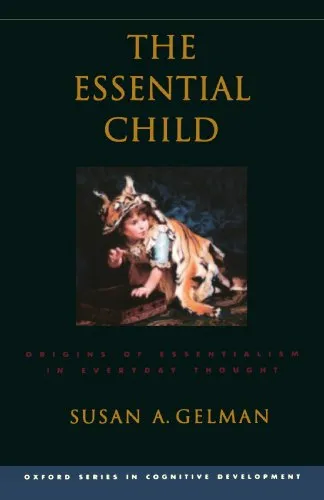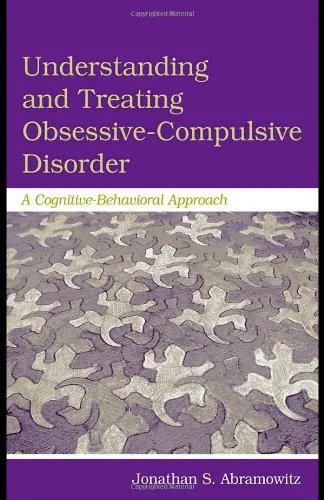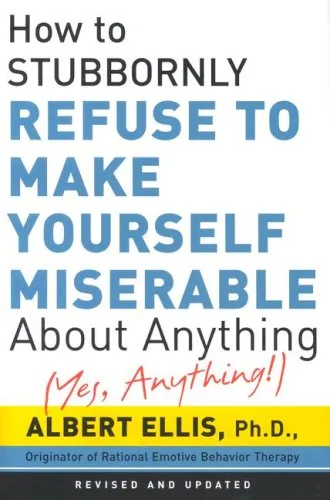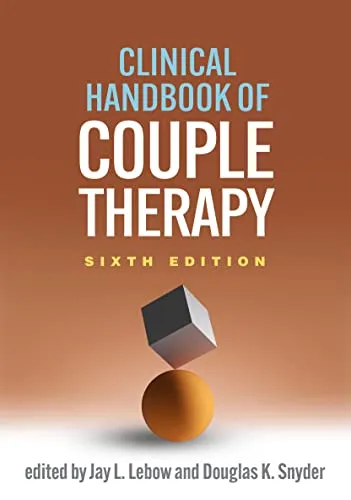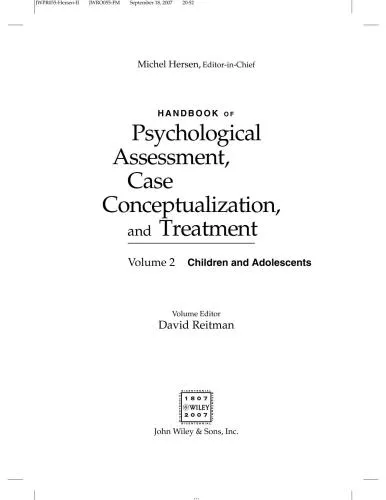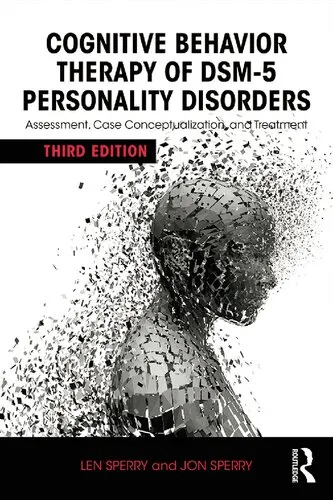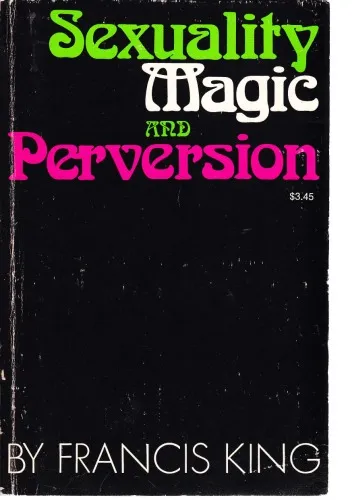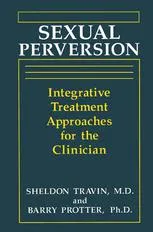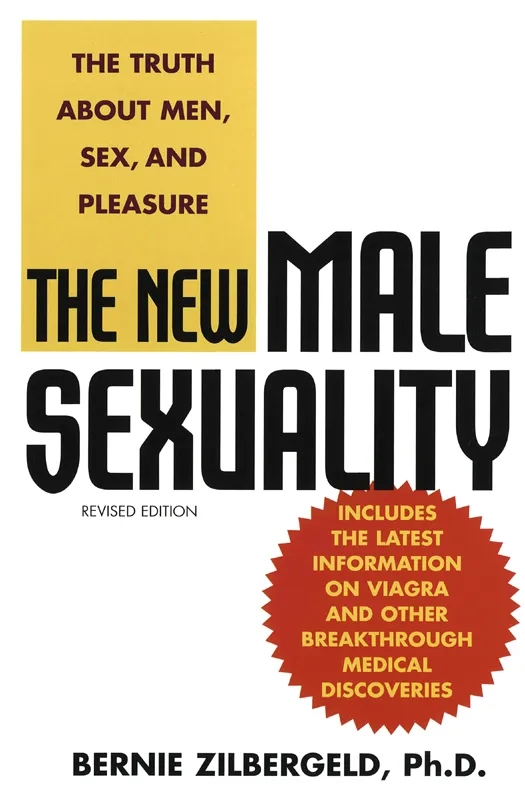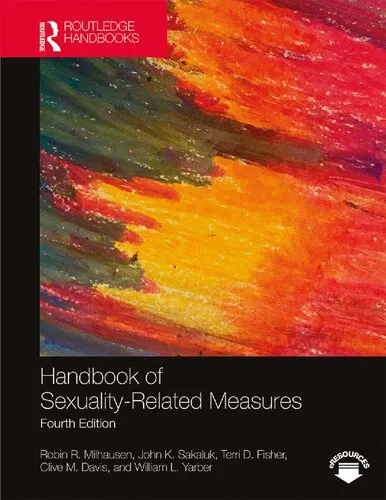Addiction
4.8
Reviews from our users

You Can Ask your questions from this book's AI after Login
Each download or ask from book AI costs 2 points. To earn more free points, please visit the Points Guide Page and complete some valuable actions.Related Refrences:
Analytical Summary
In Addictionpp.18—20, the narrative moves beyond simply defining addiction to dissecting it through a multi-disciplinary lens. These pages offer an incisive combination of psychological insight, neuroscientific evidence, and sociocultural context. By addressing substance use disorders and behavioral addictions alike, they provide a concentrated yet expansive view into how dependency manifests, persists, and can be addressed.
The section situates addiction within a framework that acknowledges biological predispositions while also stressing environmental factors. While grand societal narratives often oversimplify compulsive behavior as mere moral failing, this portion of the book emphasizes the nuanced interplay between neural circuitry, reward systems, and external stressors.
This analytical approach is fortified by evidence drawn from reputable behavioral health research, correlating patterns of substance dependence with shifts in brain chemistry and cognitive control. By presenting the subject through clear, accessible language without losing its scholarly depth, Addictionpp.18—20 appeals equally to readers in academia, clinical practice, and policy development.
Key Takeaways
The segment distills complex concepts into tangible lessons that inform both understanding and practical application in the realms of treatment and policy.
First, it underscores the necessity of viewing addiction as a multifactorial condition that crosses biological, psychological, and social boundaries.
Second, it reveals how personalized intervention strategies, built upon individual case histories and neurobiological data, yield the most effective recovery outcomes.
Third, it critiques outdated punitive approaches, advocating instead for compassionate, evidence-based methods grounded in behavioral health research.
Fourth, it highlights the global scope of the issue, showing that cultural variables deeply influence addiction's presentation and progression.
Memorable Quotes
Several thought-provoking statements from Addictionpp.18—20 resonate with readers long after finishing, offering both clarity and challenge.
"Addiction is not confined to a single dimension; it is a moving target within the human condition." Unknown
"Treatment must adapt to the individual, not force the individual into a rigid model." Unknown
"When society reframes addiction from crime to care, recovery rates improve." Unknown
Why This Book Matters
The significance of Addictionpp.18—20 lies in its ability to bridge scholarly theory and actionable insights. For professionals in mental health, public policy, and social work, the material offers a concise but robust reference point for informed decision-making.
It fosters dialogue between research communities and practitioners, enabling a shared vocabulary and a mutual understanding of evidence-based approaches. The book does not shy away from confronting the systemic factors that perpetuate cycles of addiction, from inequitable healthcare access to socio-economic disparities.
Information unavailable regarding its publication year and any awards received, due to no reliable public source. Nevertheless, its content continues to be cited in discussions focused on substance dependence analysis and behavioral health research.
Inspiring Conclusion
Ultimately, Addictionpp.18—20 stands as more than a mere chapter in a larger work; it is a compact yet potent synthesis of the most pressing themes in addiction science. By engaging with both the micro-level neurological changes and the macro-level societal forces, it equips readers with a multi-layered understanding that few other works achieve.
Whether you are a clinician striving to refine your approach, an academic deepening your research, or a policy advocate seeking grounded arguments for change, this material invites rigorous thought and compassionate action. To gain the most from the concepts and evidence presented, the next step is clear: read, reflect, share, and discuss Addictionpp.18—20 within your professional and personal networks.
Free Direct Download
You Can Download this book after Login
Accessing books through legal platforms and public libraries not only supports the rights of authors and publishers but also contributes to the sustainability of reading culture. Before downloading, please take a moment to consider these options.
Find this book on other platforms:
WorldCat helps you find books in libraries worldwide.
See ratings, reviews, and discussions on Goodreads.
Find and buy rare or used books on AbeBooks.
1057
بازدید4.8
امتیاز0
نظر98%
رضایتReviews:
4.8
Based on 0 users review
Questions & Answers
Ask questions about this book or help others by answering
No questions yet. Be the first to ask!

